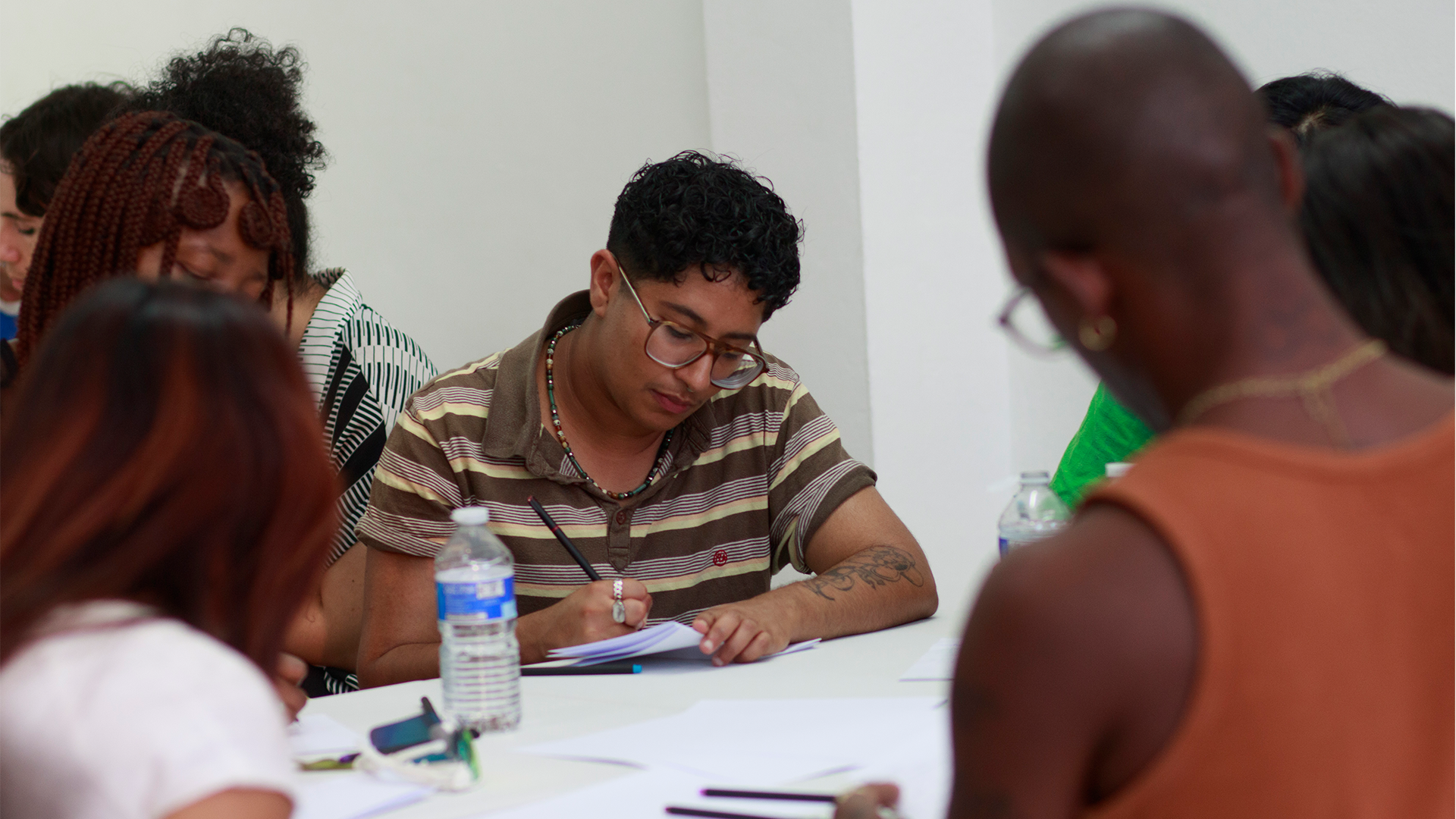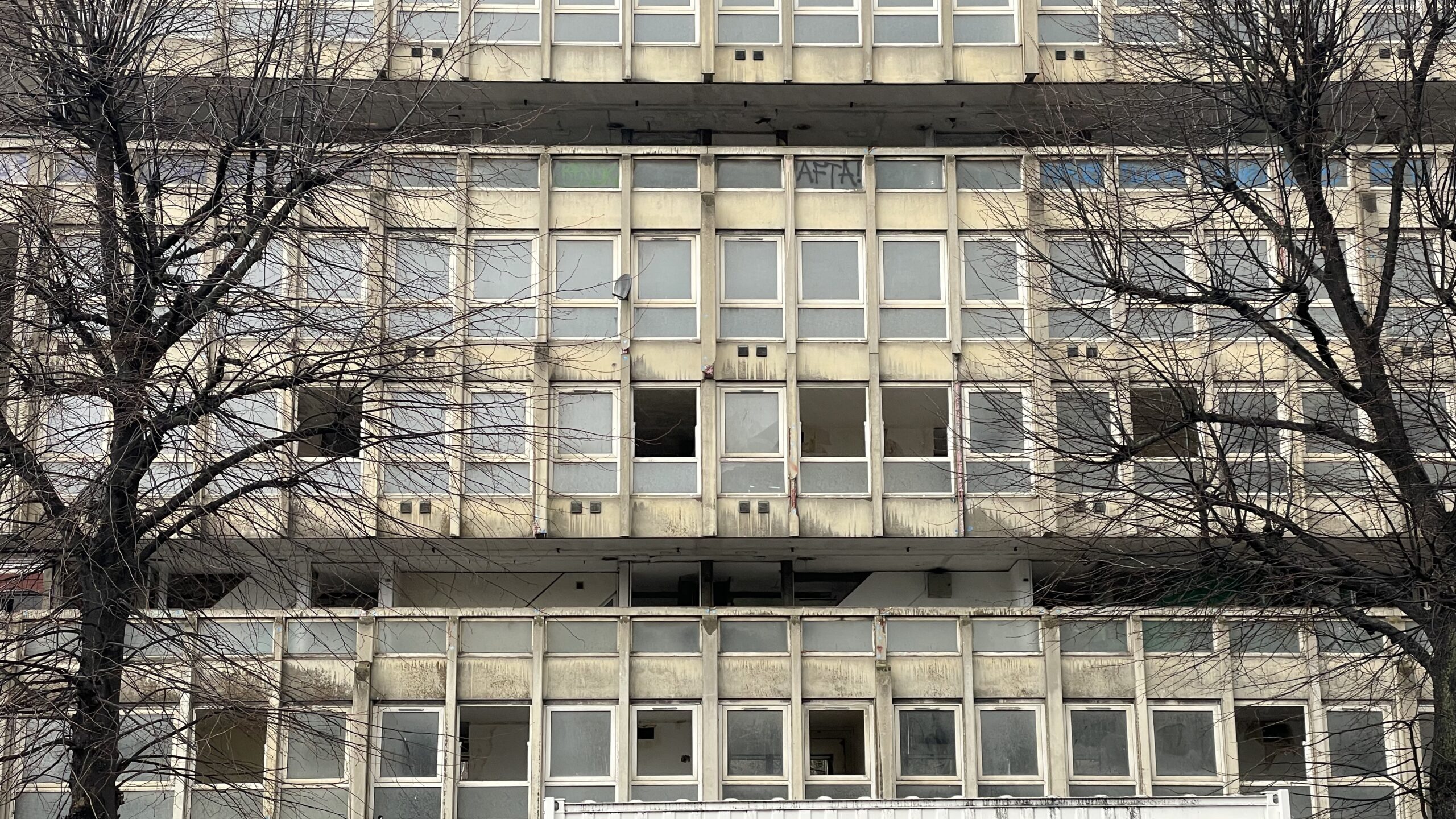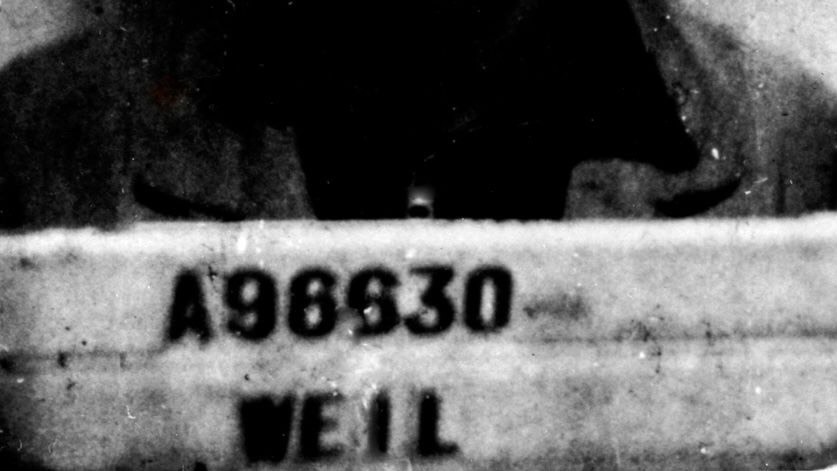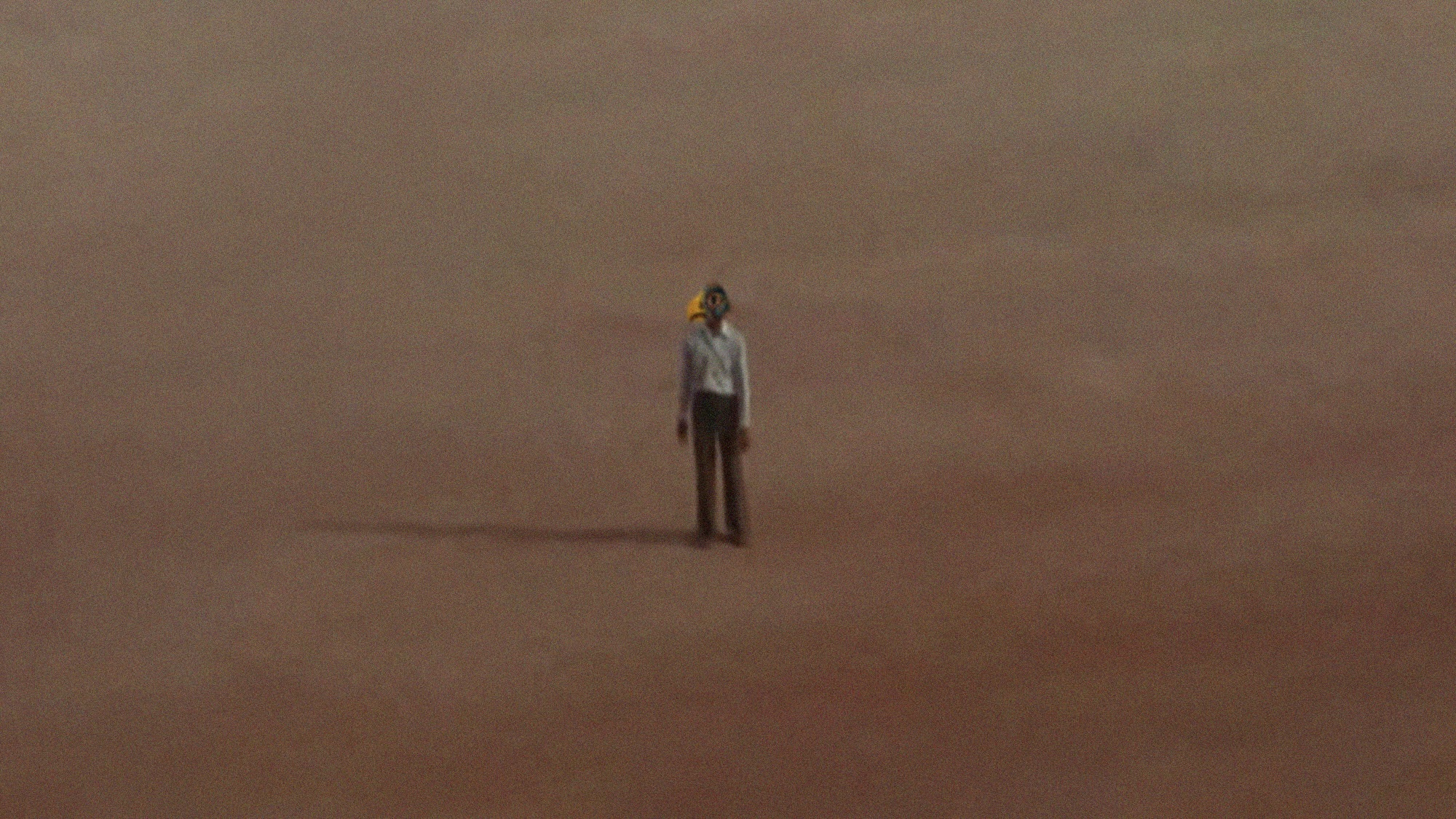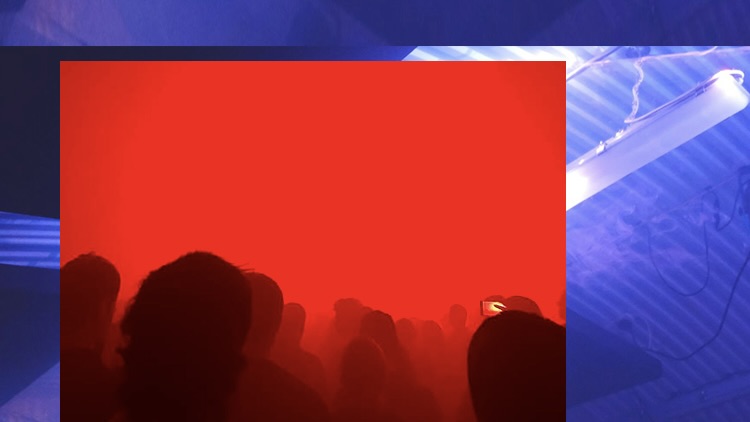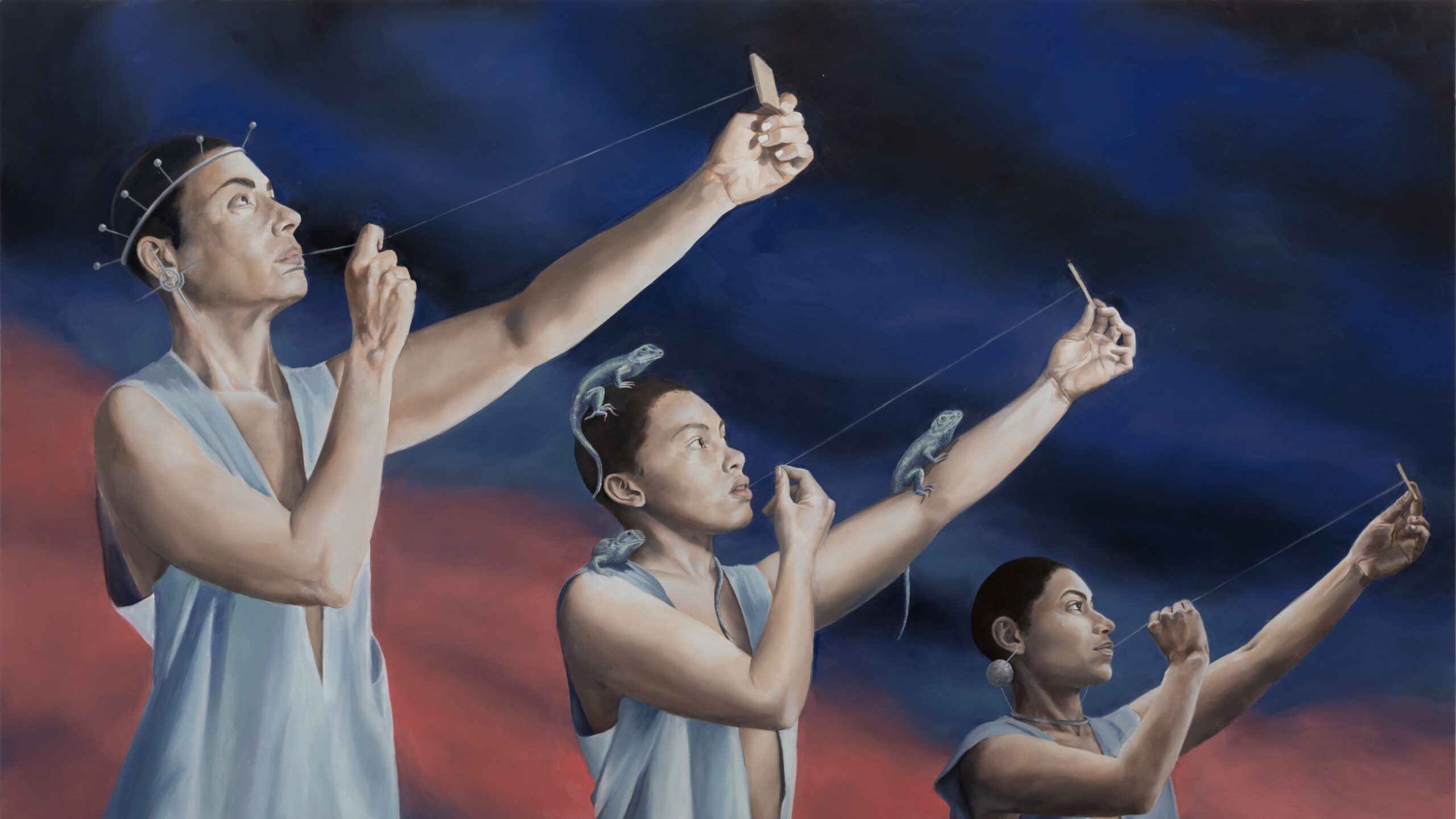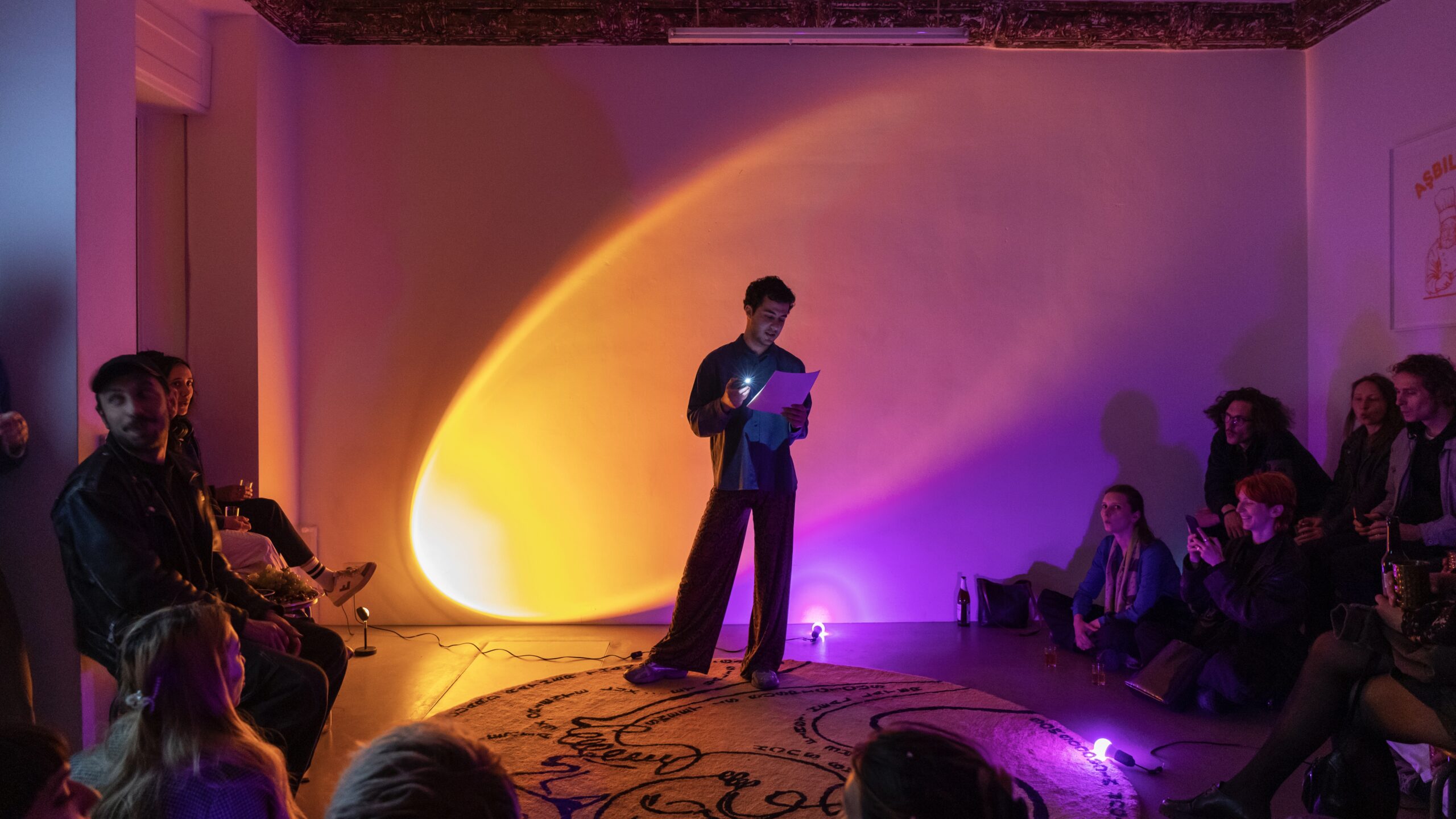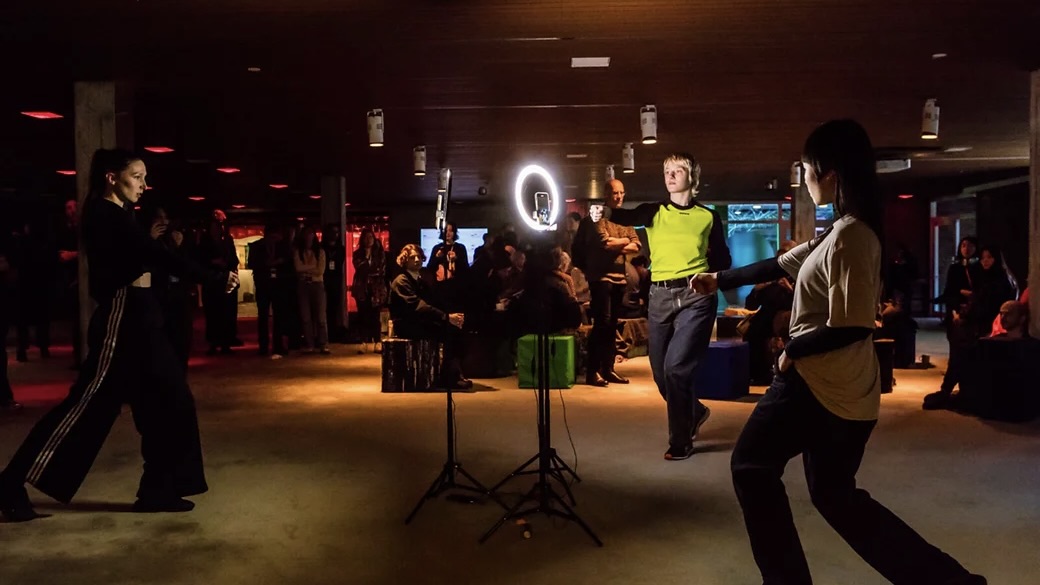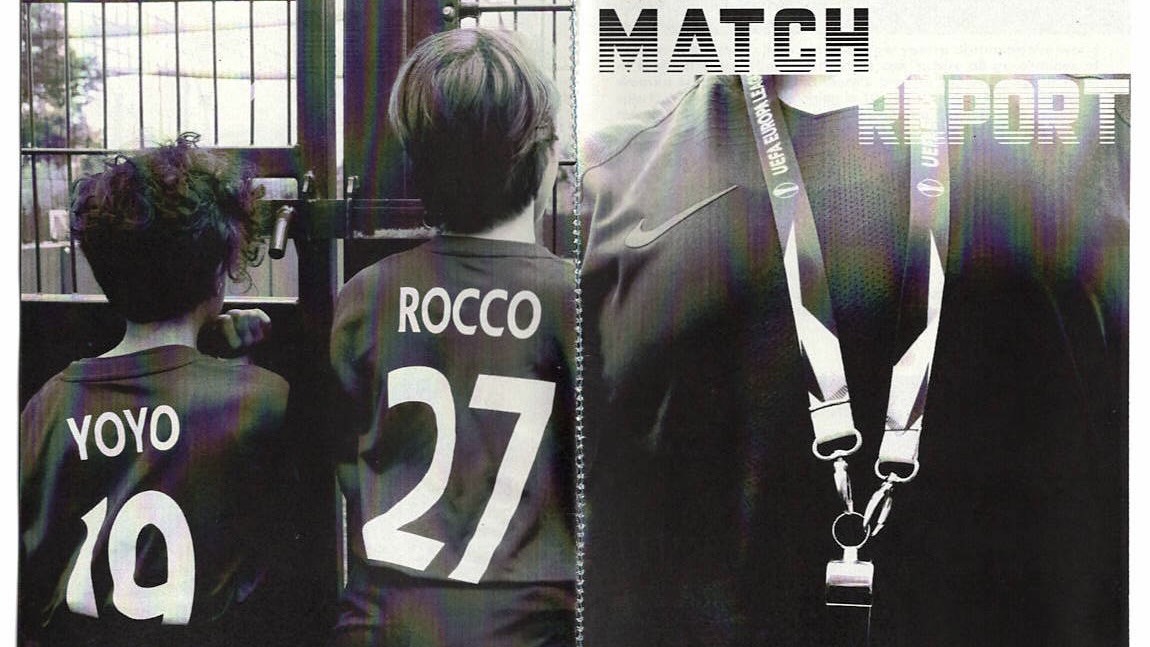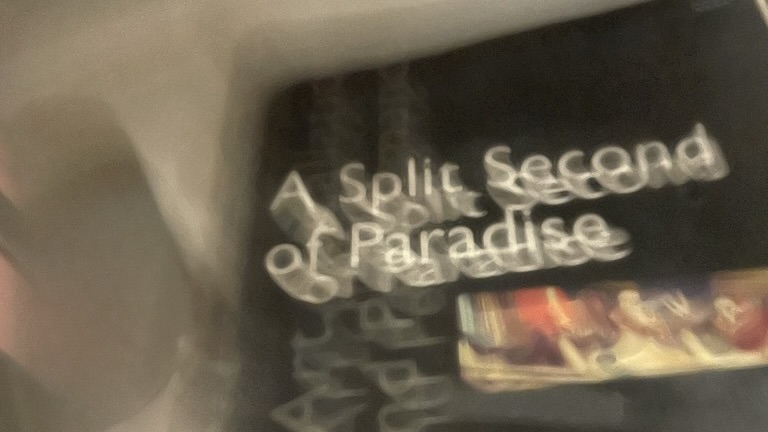Tawfik and Kumbirai explore the foundations of their collaborative research, culminating in a cosmic, quantum-mechanical review of frameworks.

Ariel Collier explores the creation of heartfelt and inclusive spaces through a presentation and group discussion.
Vanessa Farinha shares and expands upon their research into the legacy and future of social housing in the UK.
Poets D Mortimer and Hesse K delve into Simone Weil and the (mad) poetics of attention.
Artists Raheel Khan, Mehmil Nadeem and Harmeet Rahal present their ongoing research on the dissonant mechanics of migration, oral histories, and songs of resistance.
In Lucid Dreams We Dance, Sara Sassanelli and Eduard Solaz explore the evolving landscape of sound practices and sonic experimentation in London.
Actor, writer, and creative facilitator Zakiyyah Deen examines the intersection of inner-city, working-class backgrounds and creative practice.
Curator Helen Starr and Artist Sarah al-Sarraj discuss how Global Majority artists are reclaiming narratives and creating alternate realms that challenge oppressive systems.
Aliaskar Abarkas shares his experiences with alternative education programmes and how these learning environments have shaped his artistic practice.
Artists Nina Davies and Richard Pye discuss using fiction as a methodology for research and explore how the freedom of fictional futures can regain autonomy over physical practices.
Romance FC founder Trisha Lewis discusses how visual practices are interwoven into her experience of and love for football.
Jonn Gale and Shireen McCormack explore auto-ethnography as a radical method, its importance in de-colonial practices, and their shared interest in archives as a mode to discover the unseen and marginalised.

